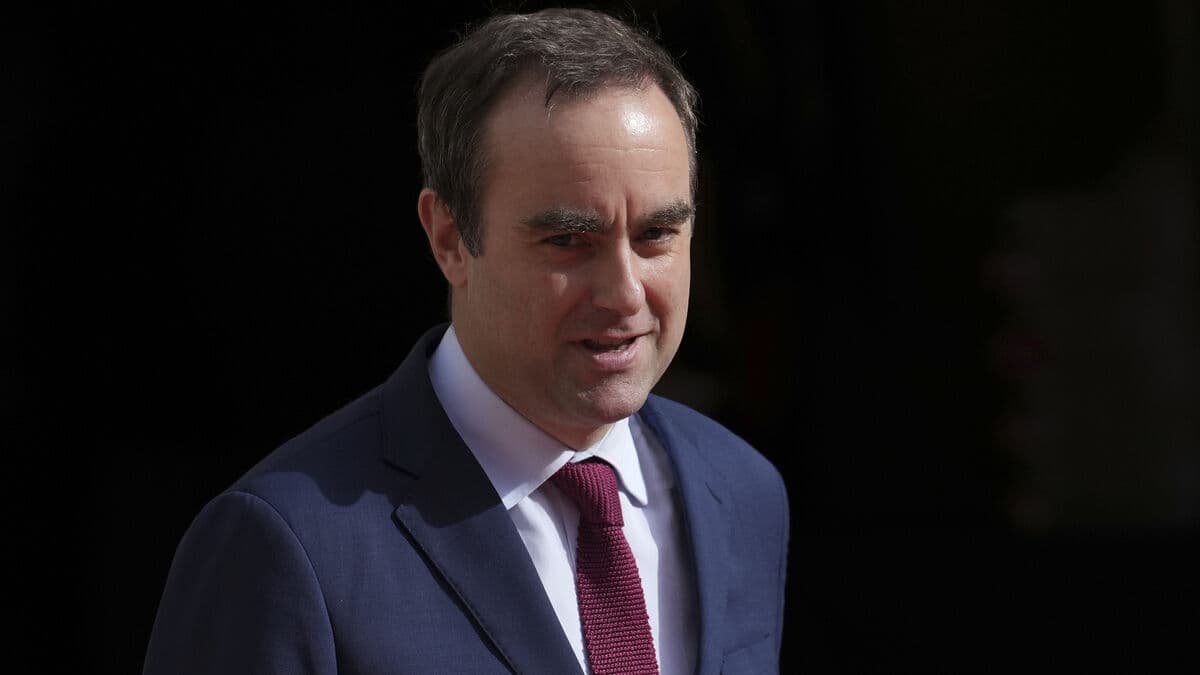Sébastien Lecornu – Emmanuel Macron's seventh prime minister during his time as president – was sworn in 27 days ago. Already on Monday, the news came that he is resigning.
It has become increasingly difficult to build a majority around the type of government that is close to Macron's politics. The French party landscape is divided, it is difficult to form majorities and the president has been criticized for nominating people who are close to him to the post of prime minister.
Urgent situation
But it is urgent to get a new government in place in the debt-ridden country.
Not least to come up with a budget for next year that can find support in parliament. It has been announced that large savings are required to handle France's very large debt situation, and that makes it also a certain urgency to move forward relatively quickly, says Göran von Sydow, head of the Swedish Institute for European Political Studies (Sieps).
Now President Macron has a few ways to choose from. Either he can try to form a government again – and find a prime minister who can gather support in different types of political coalitions. Another alternative is to dissolve the National Assembly and go to new elections again, says Göran von Sydow.
The third alternative is that some from the opposition, other party representatives, turn their gaze to Macron and claim that it is he himself who should resign. The last alternative he rejects with determination and has done all the time.
In line with Macron
The demands for Macron to resign have formally no bearing, but according to several assessors, it is more about the other parties already starting to position themselves for the next presidential election, says Göran von Sydow.
Therefore, the question comes up much more clearly from several sides in politics, that Macron does not listen or take in the changed majority conditions that exist in the National Assembly, but just continues to push forward to find a policy that is in line with his political direction.






